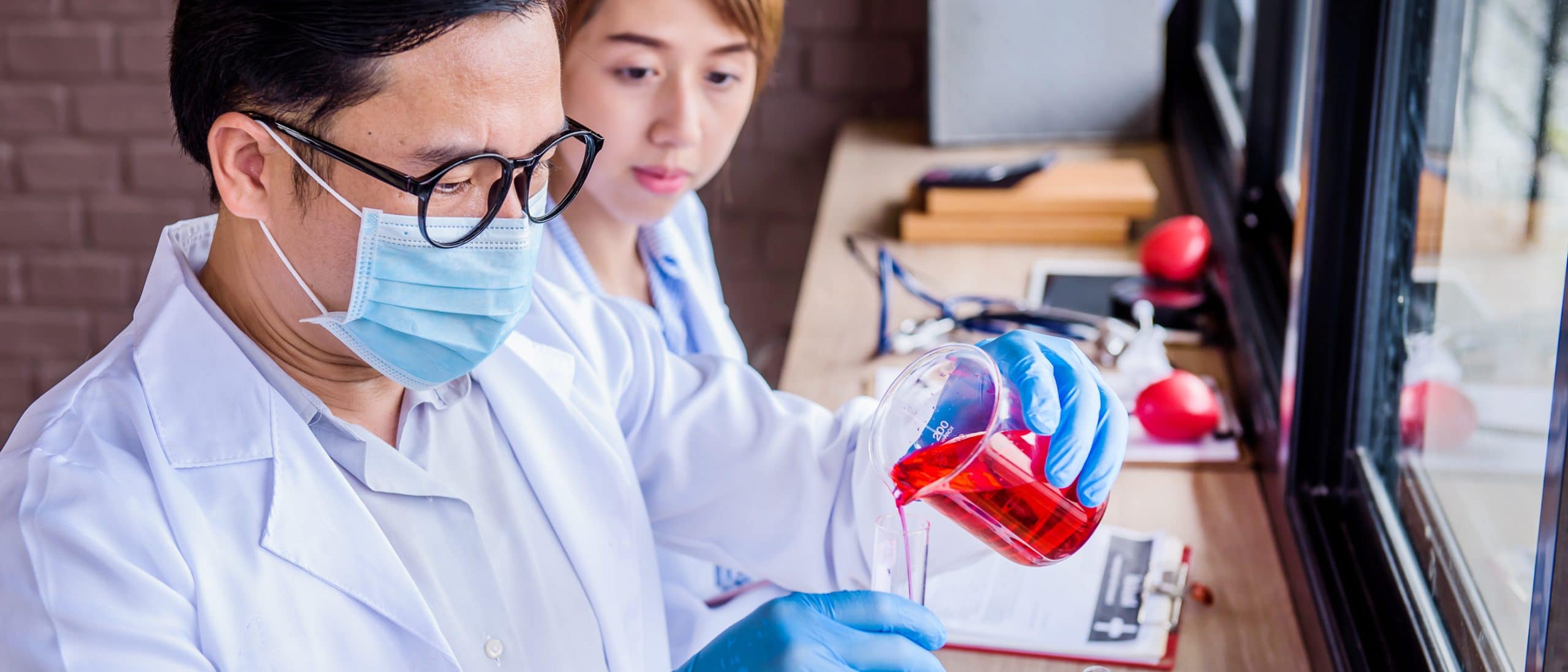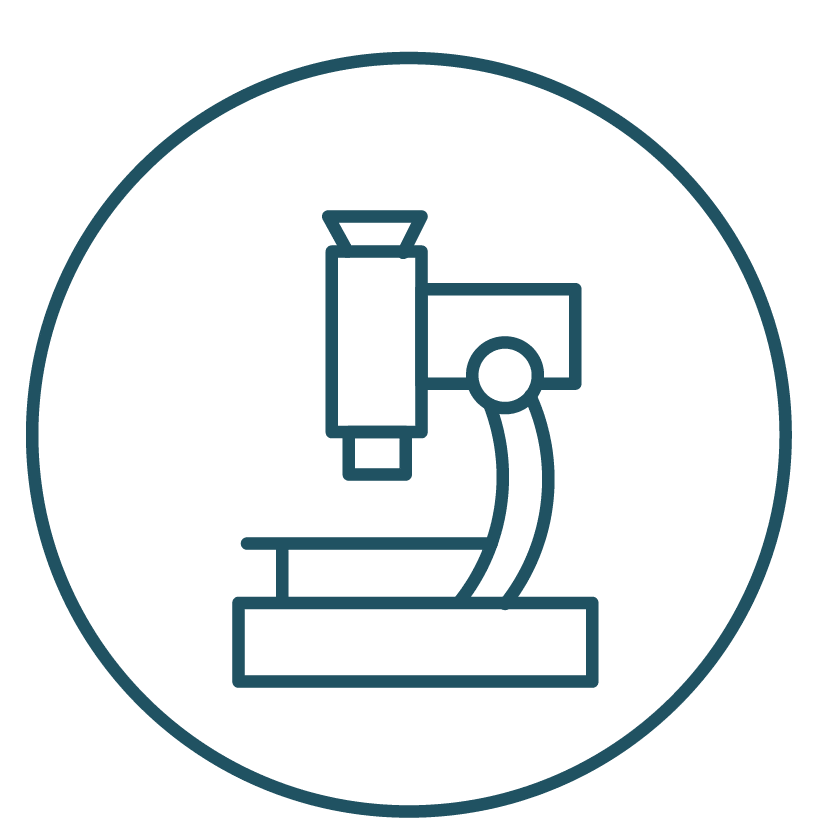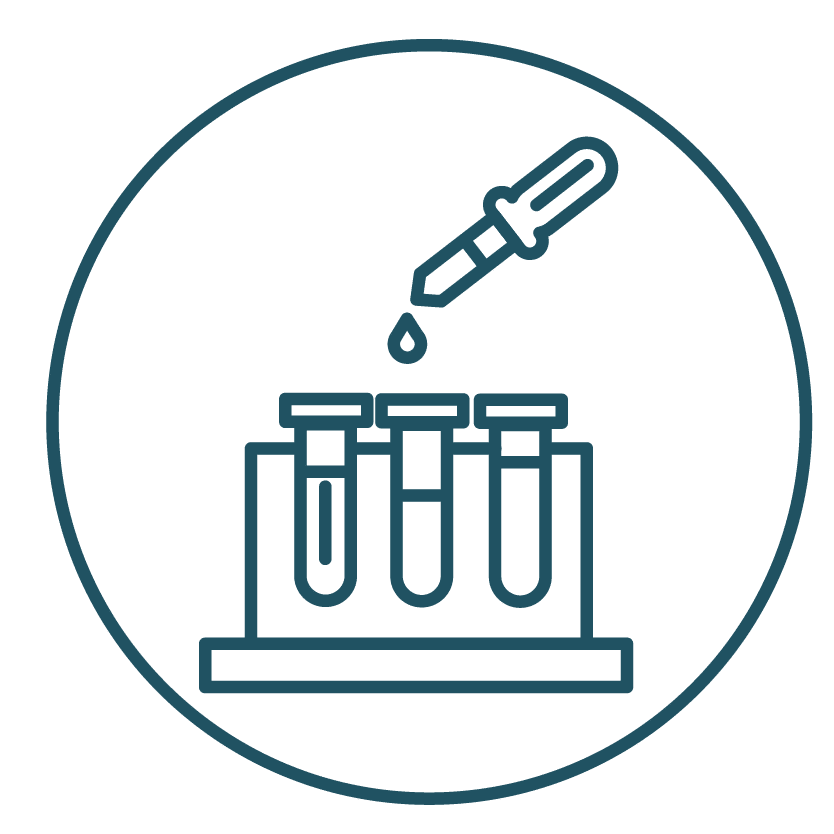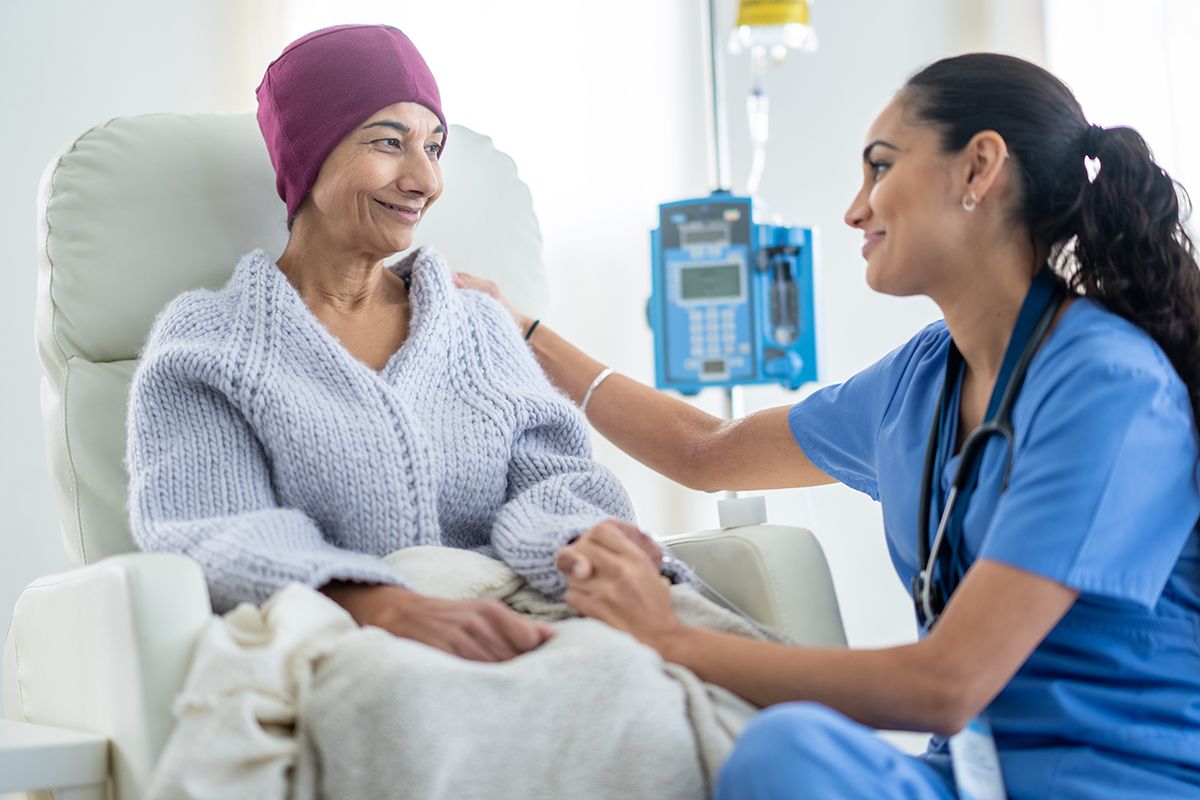Clinical Trials for Lung Cancer Patients
Clinical trials give patients a chance to try out emerging treatments and therapies to help treat their lung cancer or other illness. Learn the different phases of clinical trials and how they can help treat illness.

What Are Clinical Trials?
A clinical trial is a study where people volunteer to test out emerging drugs, medications, treatments, therapies, or medical devices for specific illnesses. Doctors and researchers utilize clinical trials to observe and learn whether a new treatment option works and is safe for the general public. They’re used to find new therapies for severe illnesses like lung cancer (or other cancers and diseases). New treatments and medical devices must pass through clinical trials before the Federal Drug Administration (FDA) can approve them for regular use and recommendation.
How They Help
When someone volunteers for a clinical trial, they’re helping scientists (and potential future patients) study and research new medical treatments or devices. Clinical trials can also enable a patient to try out a new form of therapy when other more conventional methods may not be working. They show doctors and researchers what works and what doesn’t in the healthcare industry as they’re designed to answer two essential questions:
- Does the new treatment work with humans?
When answering this question, researchers focus on measuring how well the emerging therapy works. Does it work better than (or is at least equivalent to) current treatment options? Does it have more or fewer side effects? What’s the severity of those side-effects like? Will the therapy work or affect all people who can’t be helped by current therapy options? - Is the new treatment safe?
All treatment methods come with some risk of adverse effects. This question aims to answer whether the benefits outweigh possible risks.
Clinical Trial Phases
There are several phases for the clinical trial to go through before a new treatment method can be established and submitted for FDA approval. There are 5 phases starting at 0 to 4:

Phase 0 – Discovery and Exploration
At this level, the new drug is proposed, and researchers are beginning preliminary tests in volunteers. Since this is the earliest stage in drug testing, there’s little chance of it being effective in the volunteer. Phase 0 consists of exploratory studies that may test only a few small doses of the medication in a volunteer patient.
Phase 0 preliminary exams may divulge whether the medication will even reach the tumor, how the drug reacts in the patient, and how cancer cells respond to the treatment. Phase 0 is not widely practiced, and in the case of some medications, it isn’t helpful. The volunteer group for this phase is usually small, consisting of 15 people or less.

Phase I – Safety Testing
If the results of phase 0 are promising, researchers and doctors may move on to the next step. Some doctors begin researching and involving human volunteer patients in phase 1. The primary focus of this step is to test the new medication dosage levels in a patient.
Doctors will administer higher levels of the drug and determine the highest dose that can be managed without adverse effects. This study also helps the doctor assess the best way to administer the new treatment to patients. Phase 1 involves smaller groups of volunteers, keeping the number at around 12. Sometimes patients with different cancers can participate in the same survey when in this phase.

Phase II – Determination of Effectiveness
Once doctors can assess that the new drug is reasonably safe in phase 1 trials, it’s brought into phase 2 to test its efficacy. How well the medication “works” depends on the initial goals of treatment: is it meant to be curative or palliative? Does the medication aim to shrink or eliminate tumors? Is it intended for pain management? Maybe the drug helps the tumor stay a specific size for an extended amount of time?
Researchers also test to see if the drug helps extend the patient’s life expectancy versus without the treatment in phase 2. In this phase, volunteer sizes are much larger, involving anywhere from 25 to 100 volunteer patients with the same type of cancer. These patients are treated only with the doses previously tested and deemed safe in the phase 1 trials.

Phase III – Assessment of Redundancy
Once the new cancer treatment has passed phase 2 of trials, it must be assessed for redundancy. Does this drug or treatment help more than current cancer therapies? How? Are there fewer side-effects or less severe symptoms? Researchers evaluate this information and decide whether to submit the new therapy to the FDA for approval.
Targeted therapy is an emerging treatment that went through similar phases of research. Doctors found targeted therapies to be effective and are now more commonly recommending them for cancer treatment. This is mostly because targeted treatment methods can track down specific abnormal cells and eliminate or mark them for removal. Targeted therapies generally have less severe symptoms than treatments like chemotherapy or radiation that cannot differentiate between cells and attack healthy ones. Immunotherapy is a targeted therapy that is rising quickly as a recommended lung cancer treatment.

Phase IV – Additional Research (After FDA Approval)
This is the final phase and encompasses the new treatments and devices that have already been approved by the Federal Drug Administration. Even after many clinical trials and tests on thousands of patients, it’s impossible to know everything. This is why research continues on, and doctors and scientists keep asking and discovering new questions and trying to answer them through continuous research, discovery, and more clinical trials.
Lung Cancer Clinical Trials and Research
There are multiple government and educational organizations that discover and put together lists of clinical trials for lung cancer patients to utilize. These lists are updated regularly and come from reputable sources that you can trust.
Organizations you can rely on for clinical trials include:
You must select clinical trials from reputable sources. If you’re going to pick a clinical trial outside the ones listed, do extensive research on the organization, and don’t just look through any website you find online. Run your choice by your doctor as well.
Should I Participate in a Clinical Trial?
Emerging therapies in clinical trials are not meant to replace primary lung cancer treatments like chemotherapy, surgery, or radiation. But if these treatments don’t appear to be working well, your doctor may recommend a clinical trial. Treatments in clinical trials may not be curative either. Some therapies can help with palliative care (symptom and pain management) or improving your prognosis. Your doctor will assess your general health, stage of disease, previous (if any) cancer treatments, and determine your specific risks on what clinical trials may be a good fit.
Risk vs. Benefit
As a lung cancer patient, there could be multiple benefits and risks of participating in a trial.
Potential benefits could include:
- Insurance usually pays for treatment (check with provider beforehand)
- New treatments only available to clinical trials
- Receiving innovative cancer treatment that has already shown potential in other trials
- Specialized attention and more frequent checkups since you are being given a new medication.
Patients also have the choice to back out or halt treatment at any time for any reason.
Some risks could be:
- Insurance may not cover the cost (check with your provider).
- Treatment may not work at all or have zero effect.
It may be challenging to accommodate time and travel for extra office visits and testing. - Unknown risks or side-effects that your doctor wasn’t anticipating. This may make it worse than existing treatments, especially if it’s an early-phase trial.
Talk to Your Doctor
If you’re interested in participating in a clinical trial, have a chat with your doctor. They’ll be able to assess your situation and determine if you would be the right candidate. Every patient is different and clinical trials aren’t for everyone.


